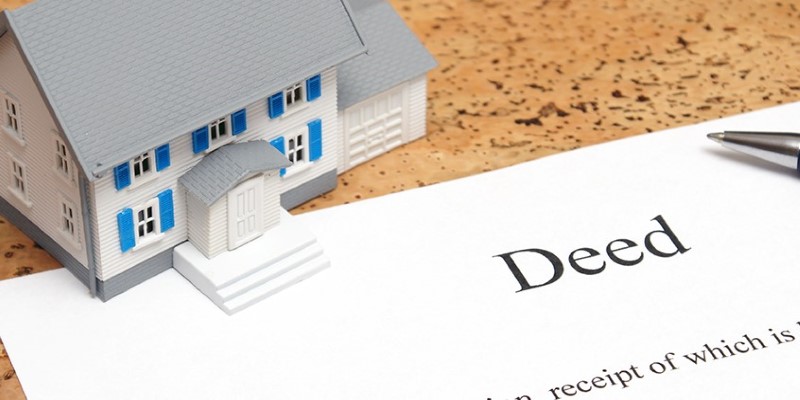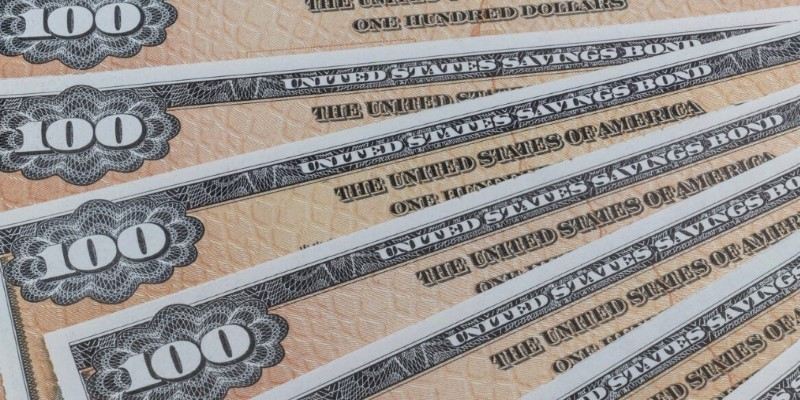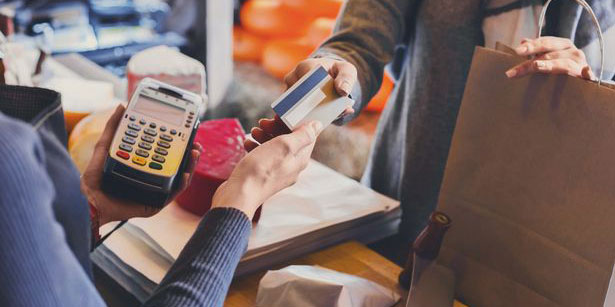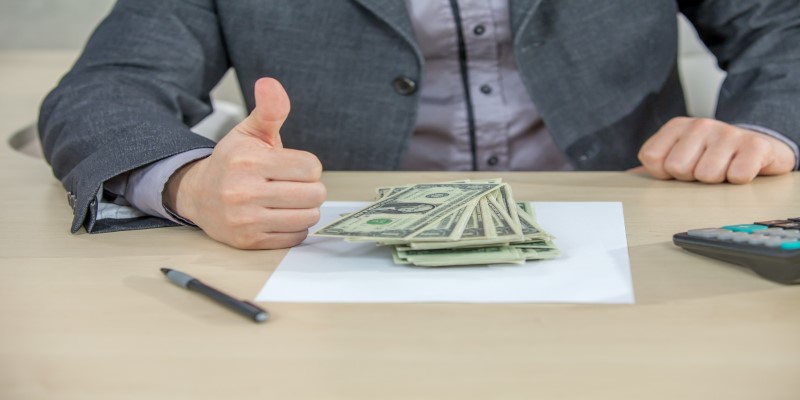Mortgage-Free at Last: Steps to Take After Your Final Payment
Oct 26, 2024 By Aldrich Acheson
Paying off your mortgage is one of life's most liberating moments. After years of monthly payments, you finally own your home outright. But what really happens when you make that final payment? Beyond the relief of no longer being tied to a lender, there are practical steps you need to take and new opportunities to explore.
From receiving the deed to your home to rethinking your financial future, the journey doesnt end with the last payment. Lets explore the process and the exciting new possibilities that come with being mortgage-free.
The Immediate Steps After Paying Off Your Mortgage
Paying off your mortgage is a significant milestone, and it can be both exciting and overwhelming. Here are the immediate steps you should consider taking after you pay off your mortgage:
Notification from Your Lender
Once your final mortgage payment is processed, your lender will notify you that the loan is officially paid in full. This notice often comes in the form of a "mortgage satisfaction" letter or a similar document. Its important to keep this letter safe, as it is legal proof that youve fulfilled your obligation to repay the loan.
Receiving the Deed

The next step is the release of the deed. Until your mortgage is paid off, your lender holds a lien against your property, which essentially means they have a claim to your house until the loan is repaid. After your final payment, the lender must file a document with your local registry to release their claim. This document, often referred to as a "discharge" or "release of lien," transfers full ownership of the property to you. Some regions will mail you the original deed, while others may provide digital records.
Update of Land Registry Records
Once the lien is removed, the final legal step is ensuring the Land Registry (or equivalent in your country) updates its records. Depending on where you live, this may be automatic, but it's a good idea to double-check and ensure your name is listed as the sole owner with no encumbrances. Any discrepancies here could cause issues down the road if you choose to sell the property or take out additional loans against it.
The Financial Implications of Being Mortgage-Free
Here are some of the key advantages and considerations:
Increase in Cash Flow
The most immediate benefit of paying off your mortgage is the increase in your monthly cash flow. Without a mortgage payment, you now have extra money to allocate elsewhere. Whether you want to boost your retirement savings, invest in other assets, or simply enjoy more financial freedom, this extra income can be a game-changer.
Lower Monthly Expenses
Your monthly expenses will generally decrease as you no longer have to make mortgage payments. However, its essential to remember that youll still have to cover property taxes, insurance, and maintenance costs. These expenses can sometimes be bundled into your mortgage payments, so make sure to account for them in your new budget.
Potential Property Taxes
If you were previously paying property taxes through an escrow account managed by your lender, you will now be responsible for paying them directly. Some homeowners may be surprised when the first property tax bill arrives after paying off their mortgage. Be sure to set aside funds for this in your budget to avoid late fees or penalties.
The Emotional Benefits of Owning Your Home Outright
Owning a home outright, without a mortgage, can provide significant emotional benefits that contribute to overall well-being and financial stability. Here are some key emotional advantages:
Peace of Mind
Owning your home free and clear offers significant emotional benefits. No longer having a mortgage hanging over your head can provide a great sense of security and peace of mind. You have complete control over your home, and in times of financial uncertainty, knowing you wont face the risk of foreclosure can bring significant relief.
Freedom to Plan for the Future
Being mortgage-free allows you to redirect funds toward other financial goals. For some, this might mean contributing more aggressively to retirement accounts or funding a childs education. Others may opt to travel or invest in home improvements that were previously unaffordable due to mortgage payments.
Reduced Stress and Anxiety
Owning a home outright reduces financial stress by eliminating monthly mortgage payments, leading to lower overall expenses. This alleviates anxiety associated with financial obligations, while the peace of mind that comes from full ownership fosters a sense of security, particularly in uncertain economic times.

How to Handle Newfound Financial Freedom?
Gaining newfound financial freedom is exciting but can also be overwhelming. Here are some steps to help you manage this change effectively:
Boost Your Retirement Savings
Many homeowners use their newly freed-up cash flow to strengthen their retirement savings. Whether you contribute more to a 401(k), IRA, or another retirement account, paying off your mortgage early allows you to allocate more funds toward future financial security.
Invest in Home Improvements
Owning your home outright can make home improvements feel more rewarding. Upgrading kitchens, bathrooms, or landscaping can increase your homes value and enhance your living experience. Plus, without a mortgage, you can tap into home equity loans or lines of credit more easily for larger projects.
Explore New Investments
Without the burden of monthly mortgage payments, you might explore other investment opportunities, such as stocks, bonds, or even real estate. Diversifying your investment portfolio could help you build wealth over time, offering more stability in your financial future.
Conclusion
Paying off your mortgage is a huge milestone that comes with numerous financial and emotional rewards. From increased cash flow and peace of mind to opportunities for future investments, owning your home outright marks the start of a new chapter in your financial life.
However, the journey doesn't end once the last payment is made. Important legal steps are required to finalize your ownership and financial decisions, which come with newfound freedom. By managing these wisely, you can maximize the benefits of being mortgage-free and secure your financial future.
-
 Savings Sep 16, 2024
Savings Sep 16, 2024Managing Series E Savings Bonds: To Redeem, Convert, or Keep
Wondering what to do with your Series E savings bonds? Learn about redeeming, converting, or keeping your bonds, and understand their value and tax implications in this detailed guide
-
 Banking Nov 04, 2023
Banking Nov 04, 2023Magnetic Stripe Cards: What Are They?
With the swipe of the card reader, personal information may be retrieved from the card's magnetic stripe. The cardholder's name, address, bank details, and account balances are all examples of personally identifiable information. Because of the ease with which this data can be accessed immediately, transactions can be completed more swiftly and precisely. Since IBM introduced magnetic stripe cards in the 1960s, they have been employed in several scenarios.
-
 Know-how Feb 07, 2024
Know-how Feb 07, 2024Save Money on a Tight Budget
You may keep more money by looking into your expenditures and negotiating with creditors and service providers. Below you will find how to save more money on a tight budget.
-
 Know-how Nov 30, 2023
Know-how Nov 30, 2023The Truth About Fast Cash Loans: Are They Legitimate?
Fast cash loans can be a lifesaver in emergencies, but are they legitimate? Learn the ins and outs of these loans to make an informed decision.
